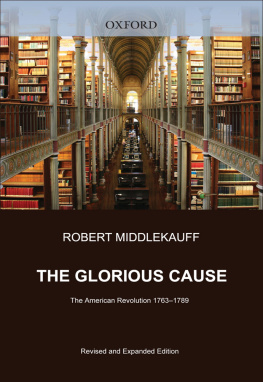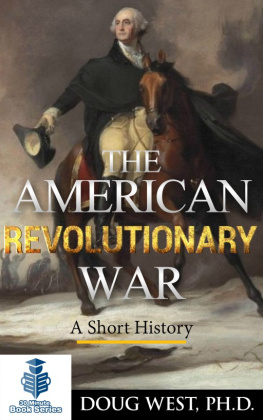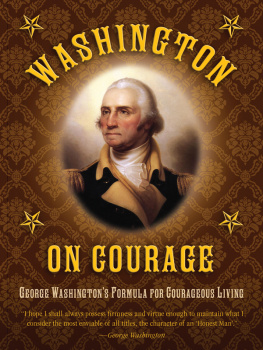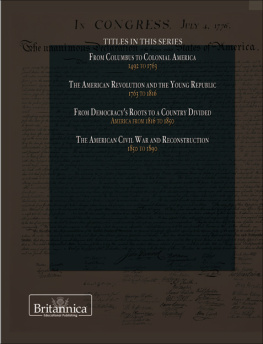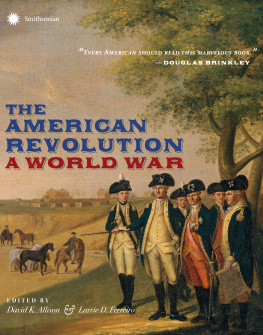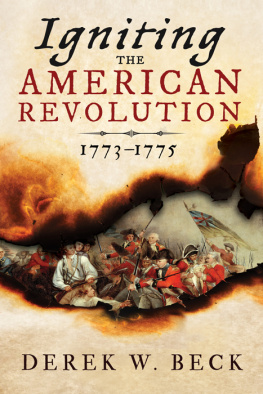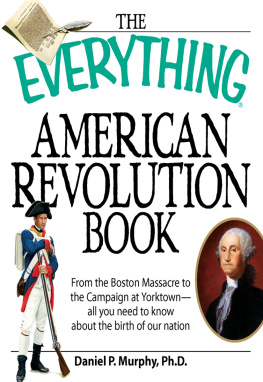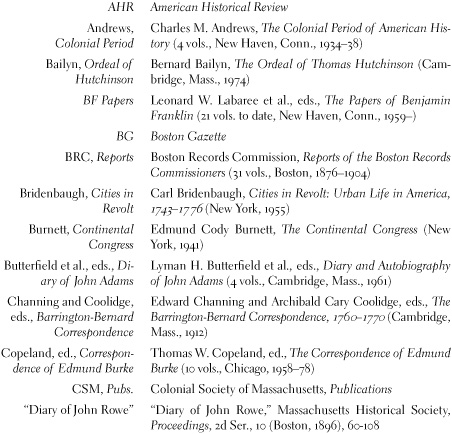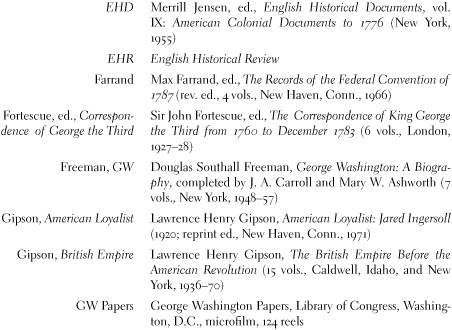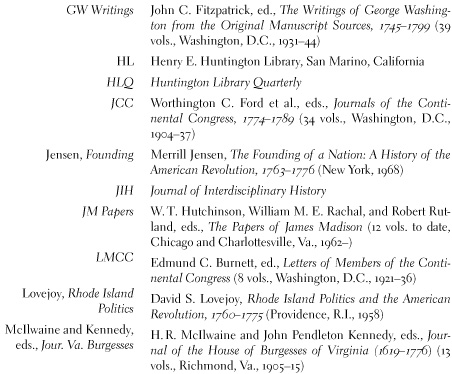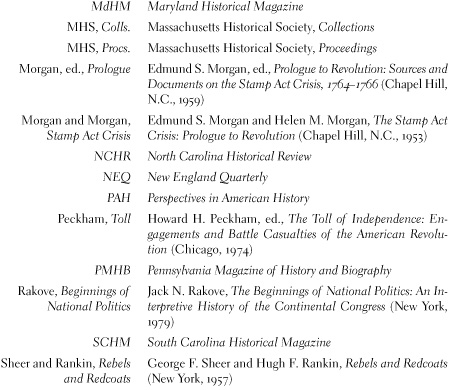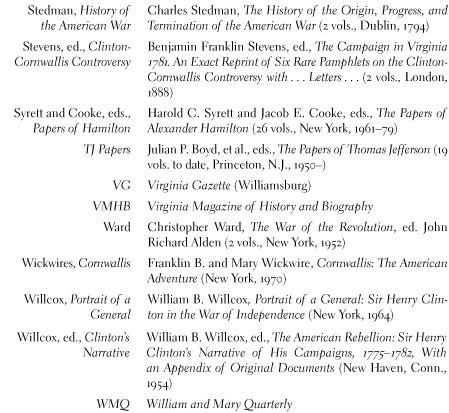Middlekauff - The glorious cause: the American Revolution, 1763-1789
Here you can read online Middlekauff - The glorious cause: the American Revolution, 1763-1789 full text of the book (entire story) in english for free. Download pdf and epub, get meaning, cover and reviews about this ebook. City: New York;NY, year: 2007, publisher: Oxford University Press, USA, genre: Politics. Description of the work, (preface) as well as reviews are available. Best literature library LitArk.com created for fans of good reading and offers a wide selection of genres:
Romance novel
Science fiction
Adventure
Detective
Science
History
Home and family
Prose
Art
Politics
Computer
Non-fiction
Religion
Business
Children
Humor
Choose a favorite category and find really read worthwhile books. Enjoy immersion in the world of imagination, feel the emotions of the characters or learn something new for yourself, make an fascinating discovery.
- Book:The glorious cause: the American Revolution, 1763-1789
- Author:
- Publisher:Oxford University Press, USA
- Genre:
- Year:2007
- City:New York;NY
- Rating:3 / 5
- Favourites:Add to favourites
- Your mark:
The glorious cause: the American Revolution, 1763-1789: summary, description and annotation
We offer to read an annotation, description, summary or preface (depends on what the author of the book "The glorious cause: the American Revolution, 1763-1789" wrote himself). If you haven't found the necessary information about the book — write in the comments, we will try to find it.
Beginning with the French and Indian War and continuing to the election of George Washington as first president, Robert Middlekauff offers a panoramic history of the conflict between England and America, highlighting the drama and anguish of the colonial struggle for independence. Combining the political and the personal, he provides a compelling account of the key events that precipitated the war, from the Stamp Act to the Tea Act, tracing the gradual gathering of American resistance that culminated in the Boston Tea Party and the shot heard round the world. The heart of the book features a vivid description of the eight-year-long war, with gripping accounts of battles and campaigns, ranging from Bunker Hill and Washingtons crossing of the Delaware to the brilliant victory at Hannahs Cowpens and the final triumph at Yorktown, paying particular attention to what made men fight in these bloody encounters. The book concludes with an insightful look at the making of the Constitution in the Philadelphia Convention of 1787 and the struggle over ratification. Through it all, Middlekauff gives the reader a vivid sense of how the colonists saw these events and the importance they gave to them. Common soldiers and great generals, Sons of Liberty and African slaves, town committee-men and representatives in congress--all receive their due. And there are particularly insightful portraits of such figures as Sam and John Adams, James Otis, Thomas Jefferson, George Washington, and many others.
This new edition has been revised and expanded, with fresh coverage of topics such as mob reactions to British measures before the War, military medicine, womens role in the Revolution, American Indians, the different kinds of war fought by the Americans and the British, and the ratification of the Constitution. The book also has a new epilogue and an updated bibliography.
The cause for which the colonists fought, liberty and independence, was glorious indeed. Here is an equally glorious narrative of an event that changed the world, capturing the profound and passionate struggle to found a free nation.
The Oxford History of the United States
The Oxford History of the United States is the most respected multi-volume history of our nation. The series includes three Pulitzer Prize winners, aNew York Timesbestseller, and winners of the Bancroft and Parkman Prizes.The Atlantic Monthlyhas praised it as the most distinguished series in American historical scholarship, a series that synthesizes a generations worth of historical inquiry and knowledge into one literally state-of-the-art book. Conceived under the general editorship of C. Vann Woodward and Richard Hofstadter, and now under the editorship of David M. Kennedy, this renowned series blends social, political, economic, cultural, diplomatic, and military history into coherent and vividly written narrative.
Middlekauff: author's other books
Who wrote The glorious cause: the American Revolution, 1763-1789? Find out the surname, the name of the author of the book and a list of all author's works by series.

